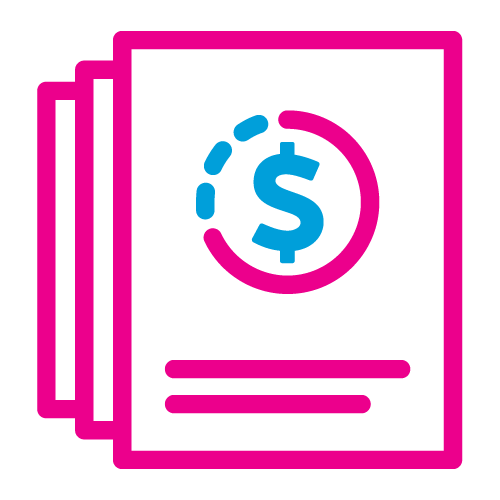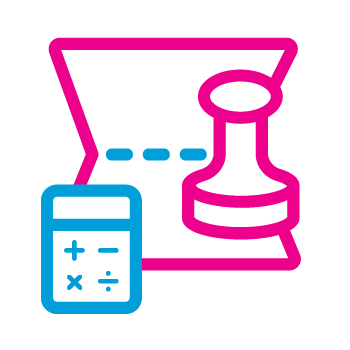If you’re a self-employed borrower or a small business owner, you’re probably already very familiar with the ongoing challenges of keeping your accounts, finances, and income all in order. It’s not easy.
But there’s some good news. Getting a home loan doesn’t have to be yet another issue to worry about. We’ve put together four steps that could help self-employed borrowers prepare for the home loan process.

1. Know your numbers: And the different ways they show up
When lenders are assessing a home loan application, they tend to look for a steady level of income that shows you’re able to make your mortgage repayments.
So gathering the right paperwork to show you’re capable of making your monthly repayments is a good starting point. First up, collate the paperwork that tells them that you have been self-employed for a consistent amount of time and that you earn a regular amount each month. Being able to show this could work in your favour.

2. Fast track to your goals: Be up front with your lender
From the outset, it’s important to be upfront about what’s been going on in your business. This is particularly essential if there are any large variations up or down in the taxable income shown on your annual financial statements from one year to the next.

3. Tackle the taxable-income dilemma: Get the right help
One of the major challenges self-employed borrowers and small business owners face when it comes to securing a home loan is accurately calculating taxable income. Being able to do this is important, as it allows lenders to assess your ability to make your home loan repayments on an ongoing basis. Talking to a financial adviser or tax professional about working out your taxable income could play an important role in your home loan application.

4. Improve your cash flow: Keep things on track
Making the most of your cash flow can be beneficial for people who are self-employed. Paying off any outstanding debts such as credit cards or personal loans could positively impact your cash flow, and potentially your credit score, which could mean that you’ll qualify for a higher loan amount with some lenders.


Get in touch with a Lending Specialist
Tell us about your situation. The more we learn, the better we can help.
0800 466 784
Contact Us
Apply Now